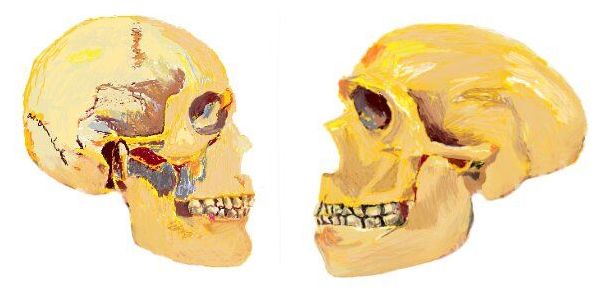A new University of Barcelona study reveals the first empirical genetic evidence of human self-domestication, a hypothesis that humans have evolved to be friendlier and more cooperative by selecting their companions depending on their behaviour. Researchers identified a genetic network involved in the unique evolutionary trajectory of the modern human face and prosociality, which is absent in the Neanderthal genome. The experiment is based on Williams Syndrome cells, a rare disease.
The study, published in Science Advances, results from the collaboration between a UB team led by Cedric Boeckx, ICREA professor from the Section of General Linguistics at the Department of Catalan Philology and General Linguistics, and member of the Institute of Complex Systems of the UB (UBICS), and researchers from the team led by Giuseppe Testa, lecturer at the University of Milan and the European Institute of Oncology.
